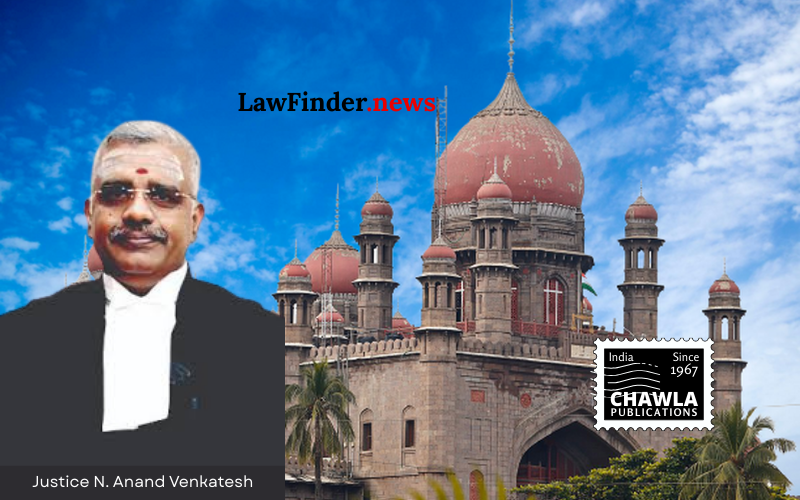Arbitrator's Health Issues Lead to Termination; Court Rules for Substitution Instead
In a significant ruling, the Madras High Court, under the judgment of Mr. N. Anand Venkatesh, J., dismissed an application filed by Sally Thermoplastic India Limited seeking an extension of time to complete arbitration proceedings and issue an arbitral award. The application was filed under Section 29A(5) of the Arbitration and Conciliation Act, 1996. The ruling was issued on October 10, 2025, in the case against Learning Leadership Foundation.
The crux of the case involved the sole arbitrator, who, due to health reasons, communicated his inability to continue with the arbitration proceedings via an email dated December 1, 2022. The arbitrator requested the parties to inform the court and seek the appointment of a substitute arbitrator. However, instead of seeking a substitution, Sally Thermoplastic India Limited pursued an extension of time for the arbitral process, citing various delays, including their managing director’s accident and the previous counsel's health issues.
The High Court, after hearing arguments from both sides, referred to sections 14(1)(b), 29A(4), and 32(2)(c) of the Arbitration and Conciliation Act, 1996. It emphasized that the proceedings were deemed terminated under Section 32(2)(c) since the arbitrator had explicitly expressed his inability to continue, rendering the continuation of the proceedings impossible. The court further noted that after the arbitrator's withdrawal, the tribunal became functus officio, meaning it no longer had authority to act, and thus the application for extension was not maintainable.
The court also referenced the judgments of the Supreme Court in similar cases, including Ajay Protech Pvt. Ltd. v. General Manager and Rohan Builders (India) Pvt. Ltd. v. Berger Paints India Ltd., to support its decision. It highlighted that the cited cases involved scenarios where proceedings were still in progress, unlike the present case where they had been terminated.
Despite the applicant's argument that both parties had substantial financial claims against each other, the court concluded that the proceedings could not continue without mutual consent from both parties for substitution. The respondent, Learning Leadership Foundation, did not consent to the extension, further reinforcing the court's decision to dismiss the application.
This judgment underscores the importance of procedural adherence in arbitration and the necessity for timely action when an arbitrator is unable to fulfill their role due to unforeseen circumstances.
Bottom Line:
Arbitration proceedings - Application for extension of time under Section 29A of Arbitration and Conciliation Act, 1996 - Not maintainable after proceedings are terminated due to the Arbitrator's inability to continue owing to health reasons - An application for substitution of Arbitrator should have been filed instead.
Statutory provision(s): Arbitration and Conciliation Act, 1996 Sections 14(1)(b), 29A(4), 29A(5), 32(2)(c).




